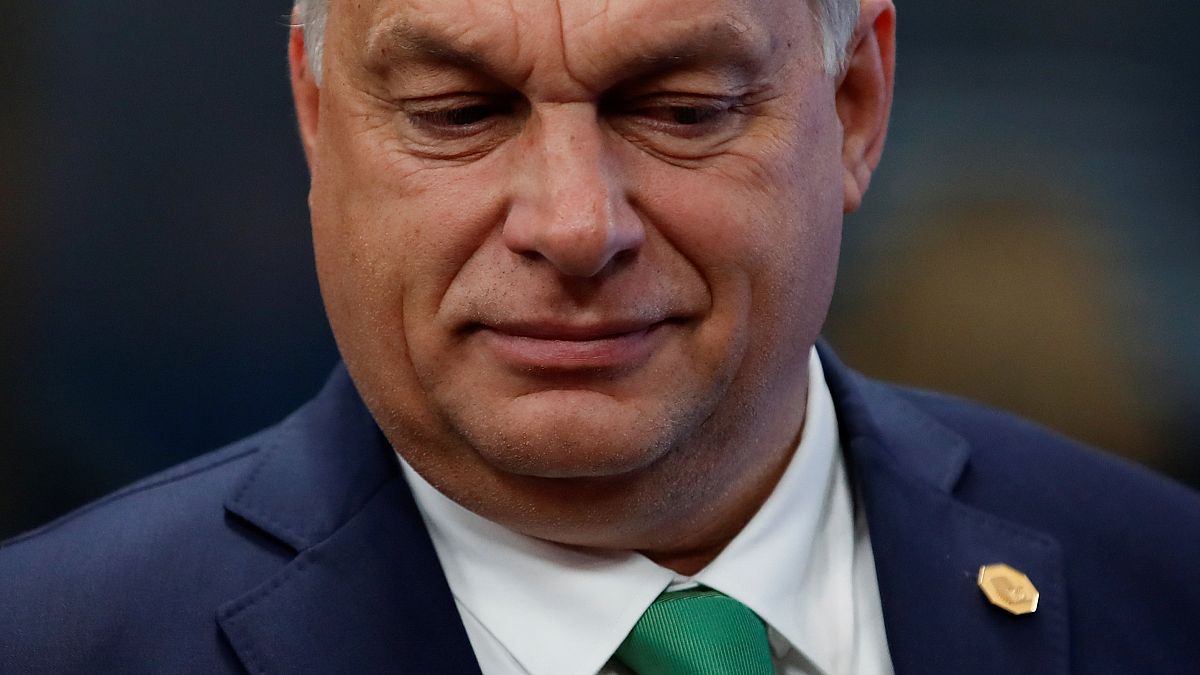Across Europe, rules on who can access fertility treatment and how much it costs vary widely.
Six privately-funded fertility clinics will move into state hands from January 1, 2020, as part of Hungarian Prime Minister Viktor Orban’s mission to reverse the country’s falling birthrate.
Orban wants to increase the birthrate in Hungary without encouraging immigration, opposition to which has defined his political platform over the past decade. The government has also introduced tax benefits, loans and other benefits for families.
Meanwhile, the currently funded infertility treatment drugs and infertility interventions will be free of charge, said Secretary of State Novák Katalin.
He said that infertility testing will be free for women and men as of July 1, 2020, and that "there will be no waiting lists for infertility treatment in the future.”
Adrienn Salamon, president of the Women’s Health Foundation, which focuses on endometriosis, one of the key causes of infertility, told Euronews that there was very little clarity from the government of Hungary about how the changes will actually work.
But, she added, “if the banners are true in this case hundreds of families will have the opportunity having their babies ‘easier’. [...] The procedure can be faster and families have to pay nothing or less.”
It is also unclear whether fertility treatment will be restricted to heterosexual couples.
Europe
Like many European nations, Hungary has an ageing population and a falling birth rate, coupled with an ageing population that is living far longer than in previous decades.
It is believed that as many as 20-25% of Hungarian couples that want to have couples struggle with fertility problems, according to Professor Geza Nagy Kaali, the founder of Budapest IVF clinic the Kaali Institute, who wrote an open letter to Orban in 2017.
But rules about invitro-fertilisation (IVF) and other assisted fertility treatment (ART), including the use of donor sperm, vary widely across Europe.
In October, proposed changes to the law in France to allow single women and lesbian couples access to invitro-fertilisation (IVF) sparked street protests. France currently restricts fertility treatment to heterosexual couples who can meet strict medical criteria.
Spain has the continent’s most liberal laws on fertility treatment, providing it to all women over the age of 18 regardless of sexual orientation or relationship status. Germany and Italy, by contrast, both impose heavy restrictions on access to IVF and other fertility treatment.
Denmark, meanwhile, is a world-leader in fertility treatment, passing its law on access to IVF for single women and gay couples - as well as heterosexual couples - in 2007.
